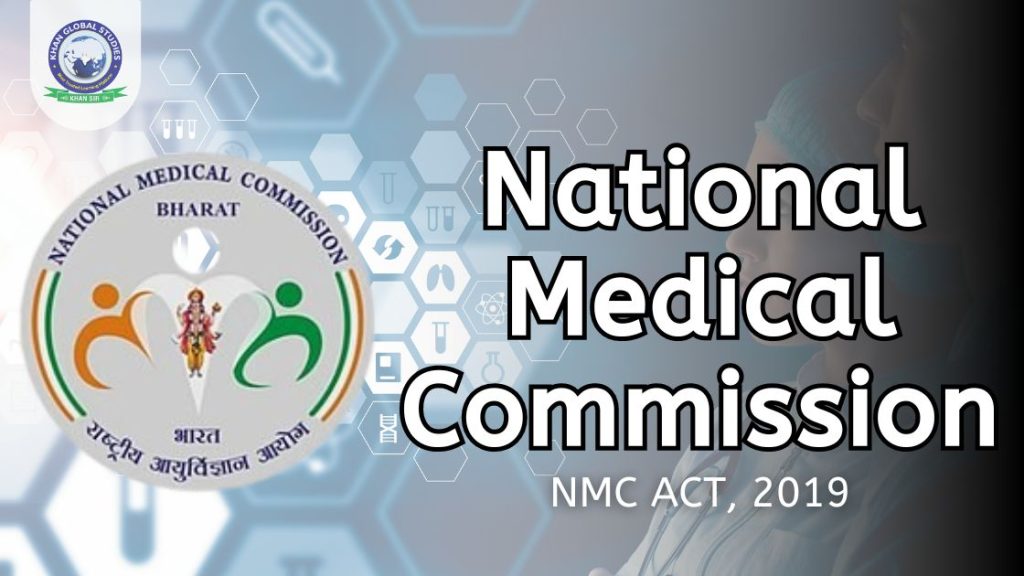In the field of health care administration in India, the National Medical Commission (NMC) holds a paramount position, shaping the landscape of medical education, practice and regulation. But what exactly is the National Medical Commission? Let us take a look at its origin, functions, mission, history and interesting facts that define this important institution.
About National Medical Commission (NMC)
The National Medical Commission (NMC) is a regulatory body established by the Government of India under the NMC Act, 2019. It serves as the successor to the Medical Council of India (MCI) and aims to improve medical education in the healthcare sector in the country.
Functions of the National Medical Commission
The NMC is entrusted with some key functions, including:
- Regulating Medical Education: To monitor the standards and quality of medical education institutions, curriculum and assessment throughout India.
- Licensing of Medical Practitioners: Licensing medical professionals and ensuring their adherence to ethical standards and professional conduct.
- Maintaining a Medical Register: Establish and maintain a national register of licensed medical practitioners to facilitate transparency and accountability.
- Promoting Research and Innovation: To encourage and support medical research, innovation, and progress to enhance health care delivery and outcomes.
- Ensuring Quality Health Care: To monitor and evaluate health facilities and services to ensure access, affordability and quality care for all citizens.
Mission of NMC
The mission of the National Medical Commission is:
- To promote excellence in medical education and training.
- Protect the interests of patients and the public by ensuring competent and ethical medical practice.
- Promoting equity, inclusivity and access in healthcare delivery.
- To facilitate continuous improvement and innovation in the health care system to meet emerging health care needs and challenges.
History of the NMC
The journey towards the establishment of a National Medical Commission is based on the need for comprehensive reforms in medical education and regulation in India. The Medical Council of India (MCI), the predecessor of the NMC, faced criticism and scrutiny due to allegations of corruption, inefficiency and regulatory failures.
In response to these challenges, the Government of India introduced the National Medical Commission Bill in Parliament, which was later passed into law as the National Medical Commission Act, 2019. It marked an important milestone in reform efforts aimed at revitalizing medical education and health care.
Facts about the NMC
- The National Medical Commission Act, 2019 received the assent of the President on August 8, 2019 and came into force on September 25, 2020.
- The NMC comprises a diverse range of members, including medical professionals, government officials, and representatives from academia and civil society.
- The establishment of the NMC marks a paradigm shift towards outcome-based regulation and accreditation in medical education and practice.
- NMC is committed to promoting digital healthcare initiatives and leveraging technology to enhance healthcare delivery and access.
Conclusion
In conclusion, the National Medical Commission (NMC) stands as a vital institution in the healthcare ecosystem of India, entrusted with the responsibility of shaping the future of medical education, practice and regulation. From its inception as a response to the need for reform in its mission to promote excellence and equity in health care. NMC has been dedicated to advancing the health and well-being of the country’s citizens. As India continues its journey towards achieving universal health care and medical excellence, the NMC will undoubtedly play a central role in realizing these aspirations.



